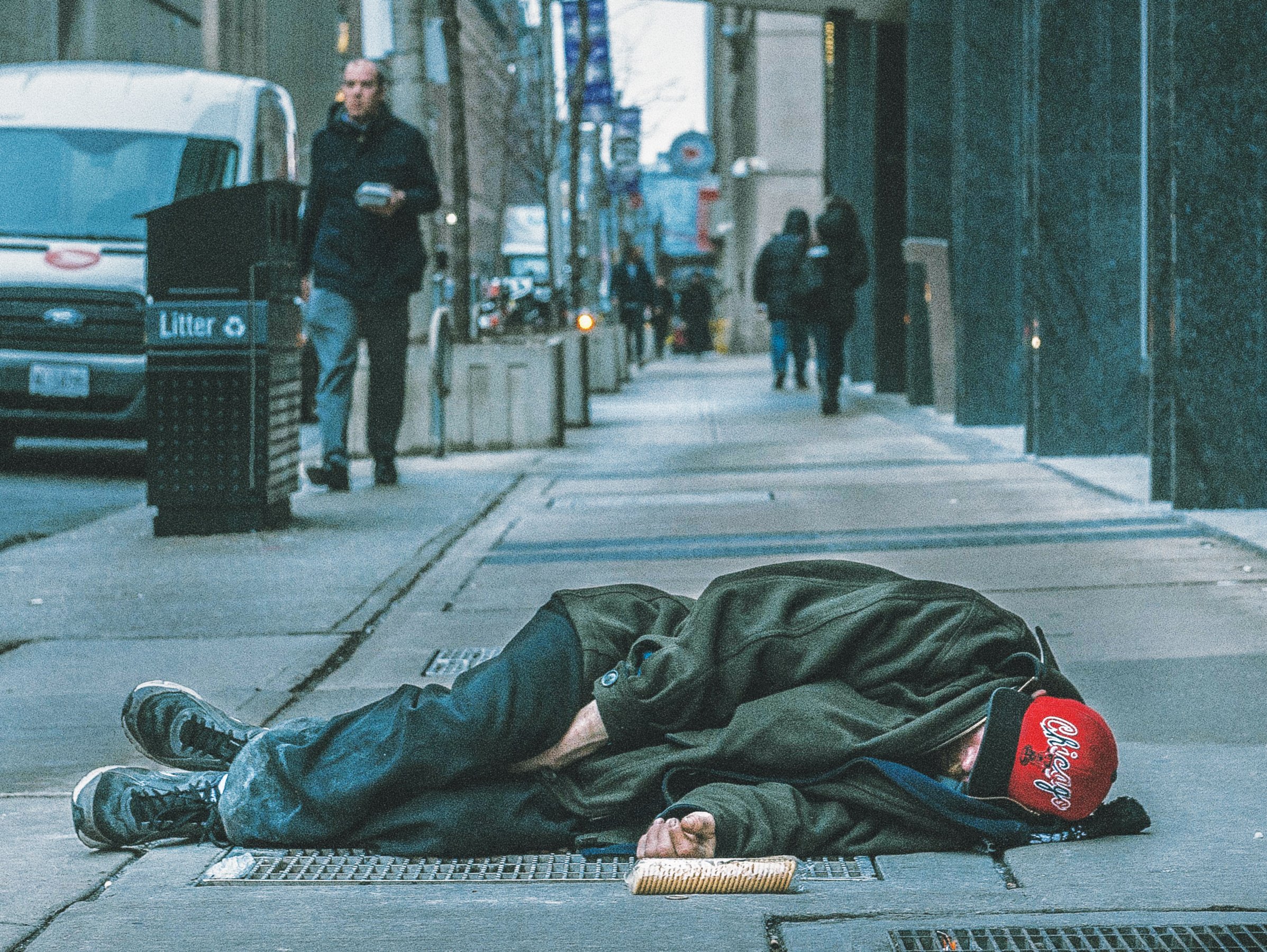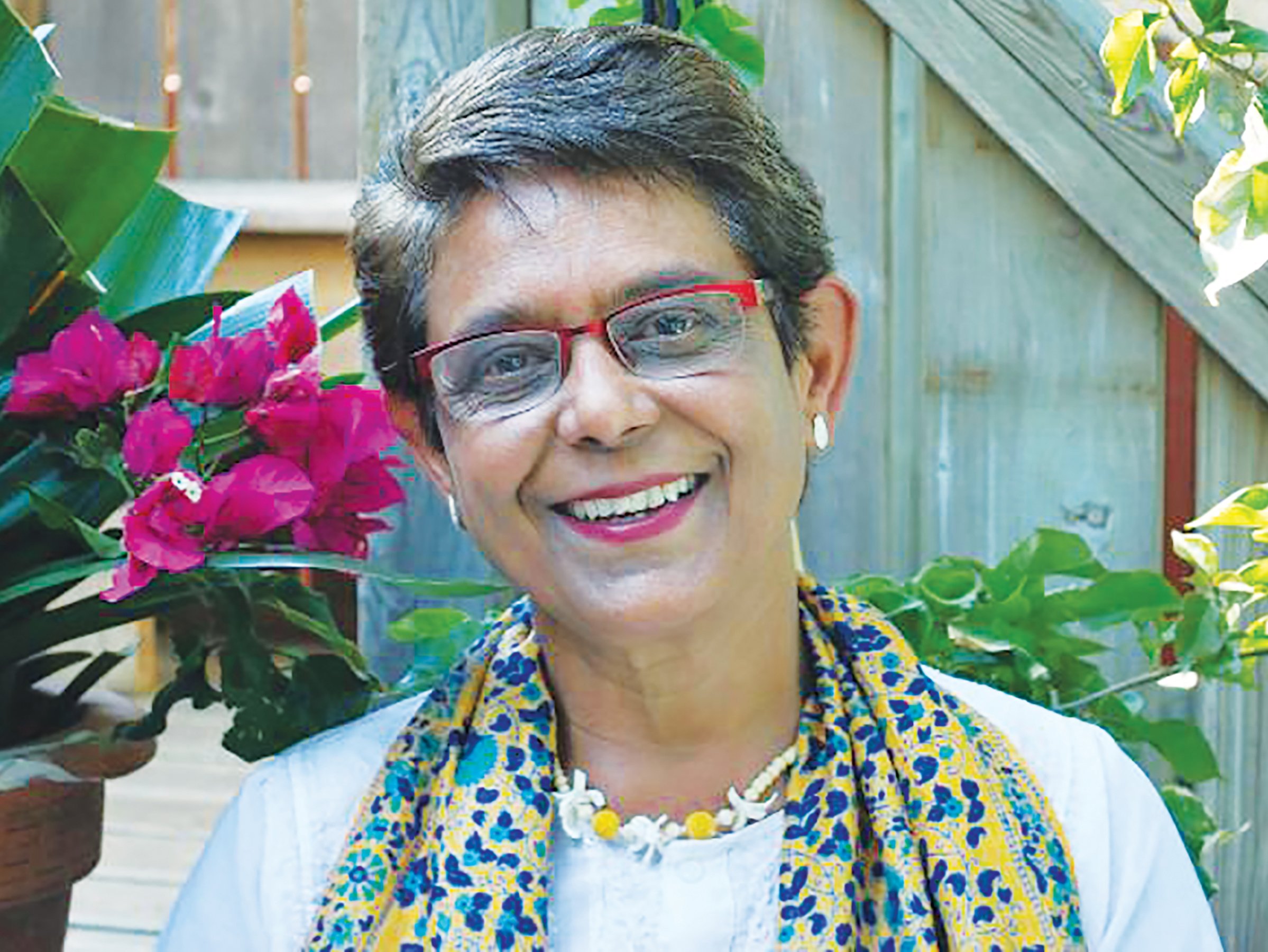TRUTH BE TOLD
THE VULNERABLE PAY THE PRICE OF CORPORATE GREED
Image credit: HARRISON HAINES on Pexels.
By DR VICKI BISMILLA
“Another Year in Paradise” is how David MacDonald, Senior Economist at the Canadian Centre for Policy Alternatives describes Canada’s top one hundred CEOs who have had another year of stratospheric pay cheques even though the COVID-19 pandemic resulted in the country’s worst economic downturn since the Great Depression.
Their compensation in 2020 reached its second highest level in Canadian history. These executives got paid an average of $10.9 million in 2020. According to MacDonald, they earned a hundred and ninety-one times more than the average worker makes in a year.
Some of these one hundred business leaders opposed raising the minimum wage of their frontline workers to $15 an hour and have clawed back the $2 an hour pandemic pay. Air Canada paid its top executives and managers $10 million while cutting jobs and negotiating rescue dollars from our tax money.
Canada’s labour market lost 207,000 jobs by April 2021 as COVID raged across the country, leaving families destitute. According to the CIBC Economics report, Statistics Canada data shows that lower wage jobs are being hit the hardest. The bread winners in these families earn less than $27 an hour.
Food Banks Canada’s Hunger-Count 2021 report shows that Food banks across Canada are seeing a twenty per cent rise in usage since the pandemic started (1.3 million visits) with one in four locations seeing a fifty per cent rise. This means that families and children are going hungry and parents are having to turn to food banks for support. According to the report, one-third of those accessing food banks are children, 8.7 per cent are seniors, and half were on social assistance or disability-related supports.
Canada’s National Advisory Council on Poverty 2021 report is a verbose, aspirational document that does not give clear statistics on how the pandemic has affected the most vulnerably poor in our country. The wording is vague and political. “We have made a number of recommendations in our report. First and foremost, our recommendations aim to reduce inequity. They also aim at addressing issues of systemic racism, discrimination and colonialism, to ensure that everyone has equal access to benefits, resources and opportunities. They aim at ensuring that people are treated equitably and with dignity when accessing important benefits and services.”
But if you go to Canada Without Poverty, Just the Facts 2022 document, the facts are shocking.
• Nearly five million people in Canada – that’s one out of every seven individuals – currently live in poverty. The most vulnerable are people with disabilities, single parents, elderly individuals, youth, indigenous, racialized communities, racialized women, children with disabilities, single mothers and their children. They experience food, health, and housing insecurity. Seniors on Guaranteed Income Support (GIS) are given $17,000 in federal support per year while the minimum basic cost of living in Canada is $18,000. Child poverty is stark. In Canada, 1.3 million children live in conditions of poverty (that’s 1 in 5).
• About 1 in 7 of those using shelters in Canada are children.
• Children living in poverty are experiencing food insecurity, reduced access to health and medical prescriptions, precarious housing and homelessness. UNICEF rated Canada 17th out of 29 wealthy countries due to the number of children living in poverty in Canada and 26th out of 35 wealthy countries for overall child inequality.
A City of Vancouver publication titled The relationship between COVID-19 pandemic and people in poverty, August 2020, reported that the pandemic has exacerbated the disparity between high and low-income families. When this occurs, the cost of living generally rises. According to the report, “people in poverty are more likely to work in frontline and service” industries that COVID-19 restrictions most affected.
Maytree Foundation’s Welfare in Canada 2020 Report was published in December 2021. The report’s findings are stunning: Even with some pandemic-related benefits, people who received social assistance continued to live in grinding poverty. The total incomes in these households were so low that even with the small extra support their poverty was virtually unchanged.
How is it that Canada, one of the most admired and coveted places in the world, is stained with these undeniable data sets?
How is it that Canada treats its vulnerable children so badly that UNICEF has slapped the country with its abysmal rating?
There are millions of kind volunteers in Canada, private citizens who are giving time and money toward helping vulnerable people. But how is it that the one hundred listed CEOs in Canada, some of whom grabbed our tax money from the government, are raking in millions of dollars while children starve?
The report, titled Another Year in Paradise, can be found here.
The CIBC Economics report can be found here.
Dr Vicki Bismilla is a retired Superintendent of Schools and retired college Vice-President, Academic, and Chief Learning Officer. She has authored two books.


